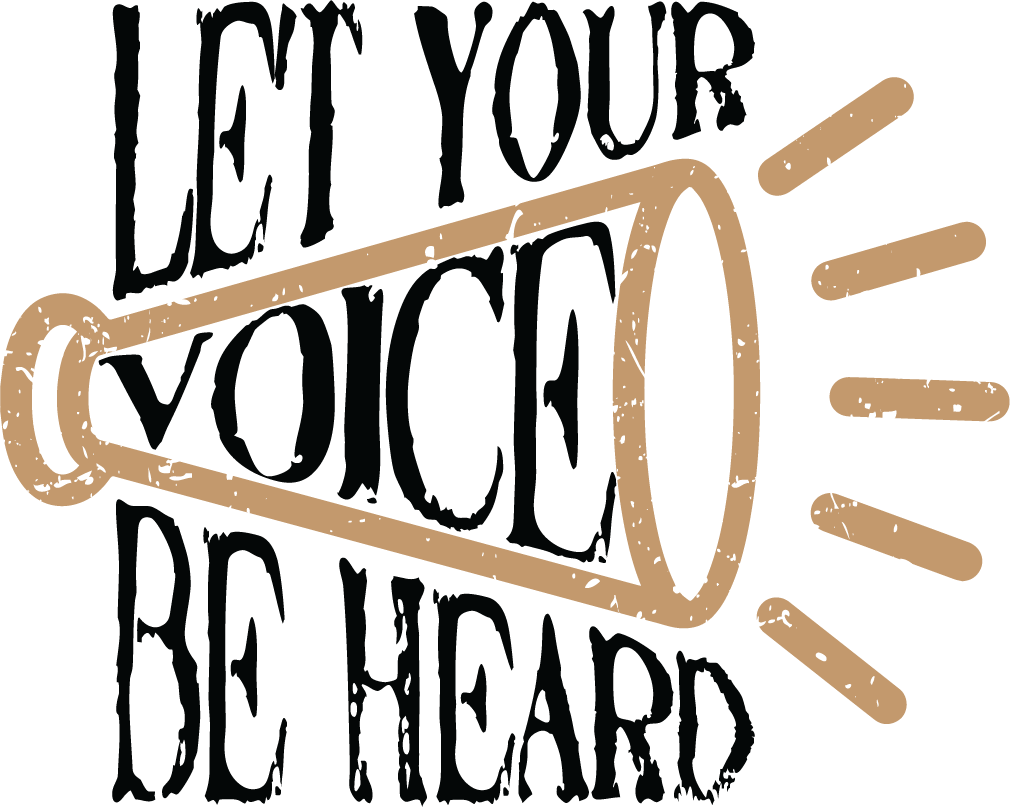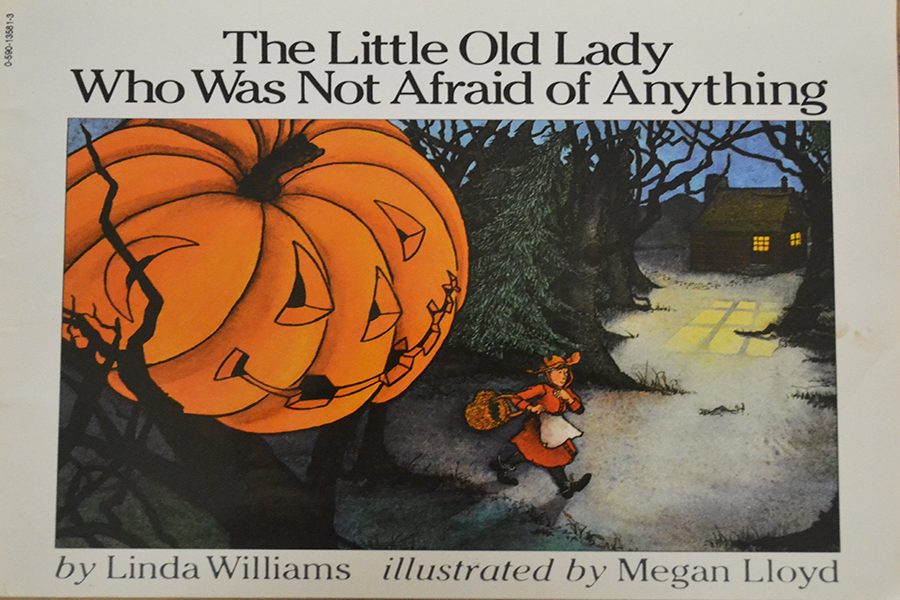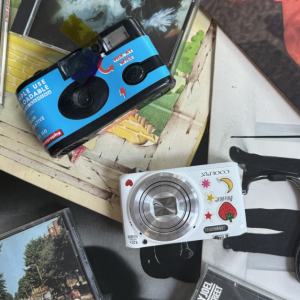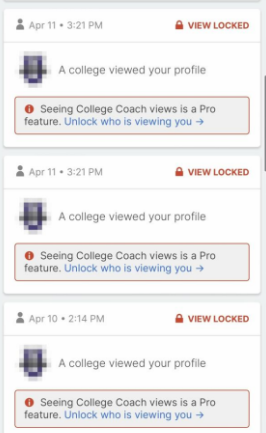It’s OK to be afraid sometimes
Photo provided by Michael Purdie
Many people have read this book and enjoyed it. It is still a popular children’s book today.
October 25, 2017
Comfort. What does it mean to you?
Ever since a young age, I’ve found comfort in Fall. I never understood if it was the smell of the changing leaves carried by the wind, the idea of pumpkin picking in weather suited for hoodies, or possibly even the basic taste of pumpkin spice, but when the season rolled around, I always felt ease and relief in my heart.
Recently, as I dug through the millions of boxes of forgotten memories in my basement, I found a childhood Halloween classic, “The Little Old Lady Who Was Not Afraid of Anything” by Linda Williams.
Immediately, I recalled mountains of memories, filling me with joy. I remembered my mom sitting with me on the concrete bench in our old garden, surrounded by autumn leaves, reading the story with different voices and exaggerated tones as if she was a part of it.
This is what comfort means to me. Not a state of physical pleasure, but mental security.
As I sat in my basement reading this book for the thousandth time, this time as a 17-year-old instead of a 7-year-old, I realized that the story is much more profound than what is on the surface. When I was younger, it was just a story, it had no lesson to me. Looking at it now, I see a moral.
It’s OK to be afraid sometimes.
This may not be the literal moral of the story, but all good literature has a different takeaway for every reader.
In today’s society, we are told to be brave and courageous, which is a good way to live, but it shouldn’t be the only way to live.
Fear is a natural response, so why try to hide it? Children—especially boys, as the idea of masculinity is being forced onto them—are told to hide their fears, thus concealing their emotions. This isn’t healthy, not only to a child, but anyone who has a connection with them.
We need to embrace what we are afraid of.
Some people are afraid of clowns, heights, or public speaking. For me, I was afraid of talking to my peers when I was a 6-year-old. On the playground, I would walk the wooden perimeter alone because I couldn’t come up with the courage to speak.
Eventually, I was tired of having no close friends and I faced my fears by breaking out of my shell. No one forced me to do so, and confronting my anxieties allowed me to develop into who I am today. Nowadays, my teachers can’t get me to shut up.
We shouldn’t act like we’re feeling OK when we’re not. Most individuals with mental health disorders such as depression, anxiety, and eating disorders are able to hide their emotions and actions from not only peers, but close family members.
So why are we teaching children to act this way?
Instead, we need to face our fears, under the right circumstances, of course. If there is a problem in your life, don’t allow it to continue because you were told to be “brave.” Stand up to it. Change the problem, not yourself.
This advice may not sound as comforting to you as it does to me, but since I’ve embraced my fears, I’ve been able to accomplish more than I ever imagined.







